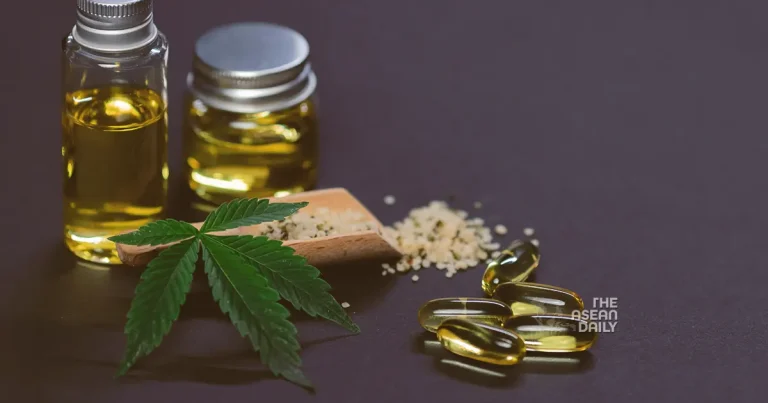24-5-2024 (BANGKOK) In a significant policy shift, Thailand plans to relist cannabis as a narcotic substance and implement a permit system to regulate its cultivation and use strictly for medical purposes and research, according to an announcement made by Public Health Minister Somsak Thepsutin on social media on Thursday (May 23).
Somsak’s comments come in the wake of a stunning reversal by Prime Minister Srettha Thavisin, who pledged to re-criminalize cannabis by the end of the year, reversing the de-criminalization that took effect in 2022.
Under the proposed regulation, recreational use of cannabis will be prohibited, and licenses will be required for those who grow, export, or possess the plant for medical and research purposes. However, the specific details of the licensing process are still being finalized.
“The permit system must not place an unreasonable burden on the public,” Somsak stated in a post on Facebook, assuring that there will be a grace period for the public to adjust to the new measures.
The government’s decision has sparked protests from pro-cannabis groups, who argue that the move stands to damage business confidence after thousands of cannabis cafes and dispensaries sprang up following legalization. The cannabis industry in Thailand is projected to be worth up to US$1.2 billion by 2025.
Thailand has a long-standing tradition of using marijuana to alleviate pain and fatigue, and it finds applications in traditional medicine and recipes. The Southeast Asian country first legalized cannabis for research and medical use in 2018, and two years ago, it removed the plant from the national narcotics list, allowing people to grow, sell, and consume it.
While the government’s move to re-criminalize cannabis has drawn criticism, authorities argue that it is necessary to establish a regulatory framework and ensure that its use is strictly limited to medical and research purposes.




